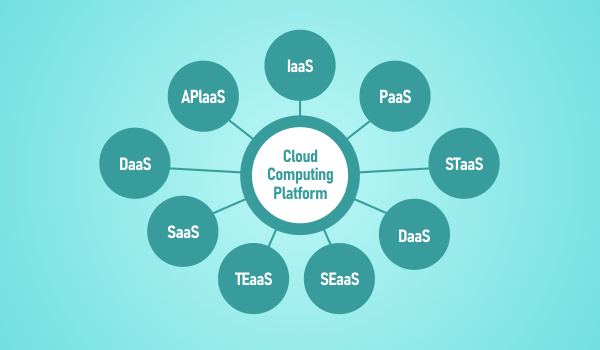In the swiftly advancing realm of technology, Charlotte is taking significant strides towards automating Fog Computing Platforms to optimize data processing and connectivity. This article delves into the innovative solutions in Charlotte that are revolutionizing the way data is managed and utilized, emphasizing the importance of effortless management in Automating Fog Computing Platforms in Charlotte.
The Emergence of Fog Computing
Fog Computing is a paradigm that extends cloud computing capabilities to the edge of a network. By bringing computation, storage, and networking closer to data sources, Fog Computing enables faster data processing, reduced latency, and improved efficiency in data-intensive applications.
Enhanced Data Processing Speeds
One of the key benefits of Fog Computing is its ability to process data closer to its source. This means that critical information can be analyzed and acted upon in near real-time, making it ideal for applications that require instantaneous decision-making.
Reduced Data Transfer Latency
With Fog Computing, data doesn’t need to travel back and forth to a centralized cloud server. This reduces the time it takes for data to reach its destination, which is crucial for applications that require low latency, such as autonomous vehicles and industrial automation.
Improved Reliability and Security
By distributing computing resources, Fog Computing can enhance the reliability of applications. In addition, sensitive data can be processed locally, reducing the need for continuous transmission over networks and bolstering security.
Automating Fog Computing Platforms in Charlotte
Charlotte is at the forefront of integrating and automating Fog Computing Platforms into its technological landscape, recognizing the potential for enhanced data processing and connectivity. This forward-thinking approach is not only optimizing operations but also setting the stage for a more efficient and responsive technological infrastructure.
One notable effort is the citywide initiative focused on Automating Fog Computing Platforms in Charlotte. This collaborative project involves local government bodies, tech innovators, and educational institutions, all working together to implement and optimize Fog Computing solutions, ensuring they are seamlessly automated for optimal performance.
Empowering IoT and Smart Devices
Charlotte’s approach to automating Fog Computing Platforms plays a pivotal role in the city’s IoT and Smart City initiatives. By ensuring that the infrastructure is effortlessly managed and automated, the city can create an interconnected ecosystem that enhances urban planning, energy efficiency, and overall quality of life.
Revolutionizing Industrial Processes
In the industrial sector, automating Fog Computing Platforms is a game-changer. By seamlessly automating the platforms, Charlotte is enabling higher levels of automation, predictive maintenance, and process optimization, leading to increased productivity and competitiveness.
Enhancing Public Safety and Emergency Response
An effortlessly managed and automated Fog Computing infrastructure also has a significant impact on critical services like public safety and emergency response. By automating the system, emergency services can respond more rapidly to incidents, potentially saving lives.
Shaping a Future of Technological Excellence
With the effortless automation of Fog Computing Platforms in Charlotte, the city is propelling itself into a future defined by efficient, responsive, and interconnected technology. By ensuring that Fog Computing solutions are effortlessly managed and automated, Charlotte is not only optimizing its operations but also setting a standard for other cities looking to enhance their technological infrastructure.
As Fog Computing technology continues to evolve, its applications are poised to revolutionize a wide range of industries, from manufacturing and healthcare to urban planning and emergency services. Charlotte’s pioneering approach, with a focus on effortless management, serves as a testament to the transformative potential of Fog Computing in shaping the cities of tomorrow.
